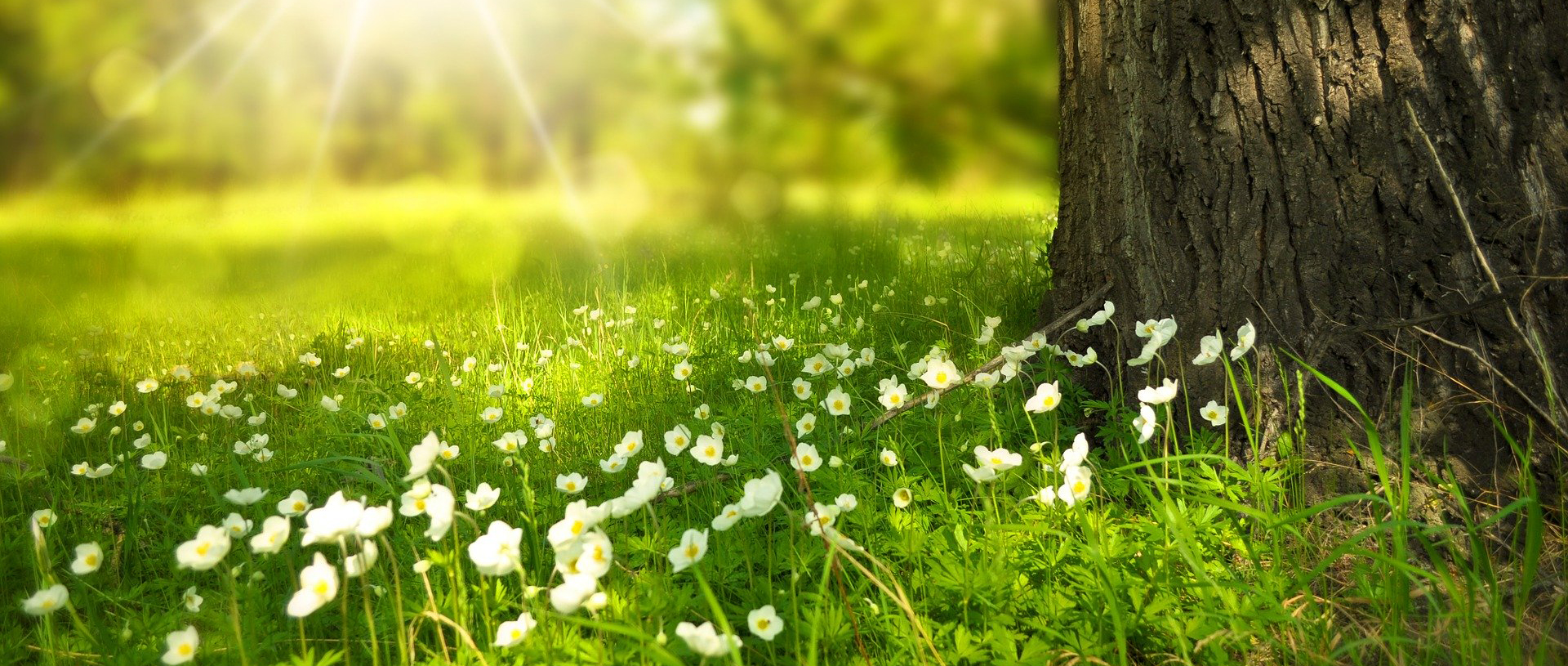During the long months of lockdowns many of us turned to nature for comfort and solace. Studies into the mental health impacts of the pandemic showed that going for walks outside was one of our top coping strategies and that during lockdowns people not only spent more time in nature but were noticing it more. Interestingly, websites with webcams of wildlife saw hits increase by over 2000% during this time.
There is no doubt that connecting with the natural world is a basic human need and plays a fundamental part in our general happiness and wellbeing.
So why do we feel better after spending time in nature? In this blog I have taken a look at some of the evidence that demonstrates the healing power of nature, showing how the benefits are good for both our physical and our mental health.
Nature reduces stress
Numerous studies have shown that being in nature reduces feelings of stress, anger and anxiety. When we are surrounded by trees and natural green spaces our levels of cortisol and adrenaline (stress hormones) go down, lowering our heart rate and blood pressure and improving our mood. We may feel more energised and enthusiastic. Also, when exposed to nature the brain creates more alpha waves which are associated with being calm and relaxed.
It helps you be more active
Spending time outdoors means we naturally do more exercise, whether that’s simply walking or more strenuous activities. Exercise is not only good for the health of our body, it stimulates the release of serotonin, a brain chemical that plays an important part in regulating mood. An increase in physical activity can positively impact serotonin levels, boosting your mood and overall sense of wellbeing.
You can concentrate better
Taking a break in nature can improve your concentration and focus. The interaction with nature lets your mind unwind, giving the brain a break from every day over-stimulation and having a restorative effect on attention levels.
It helps you sleep better
Research indicates that spending more time outdoors increases sleep duration and improves sleep quality. An increase in physical activity is proven to promote better sleep, but also being outdoors in natural light helps to reset circadian rhythms which regulate the sleep-wake cycle.
It strengthens your Immune system
Exposure to woodland areas is being shown to boost our immune system. A series of studies in Japan have found that “forest bathing” (walking in the woods) increases white blood cells which fight infection. It is thought that phytoncides, airborne chemicals that trees emit to protect themselves from disease, contribute to this increase in our natural killer cells (NK). Phytoncides have antibacterial properties and when we breathe in the fresh forest air we breathe in these organic compounds.
You absorb vitamin D better
Being outside in the sunshine helps your body create vitamin D, a nutrient that we don’t get from food as much as we need. Studies have shown that vitamin D plays an important role in supporting our immune system and that the right level of vitamin D in the body may help to prevent osteoporosis, cancer and heart attacks.
References
https://www.mentalhealth.org.uk/campaigns/mental-health-awareness-week/why-nature


